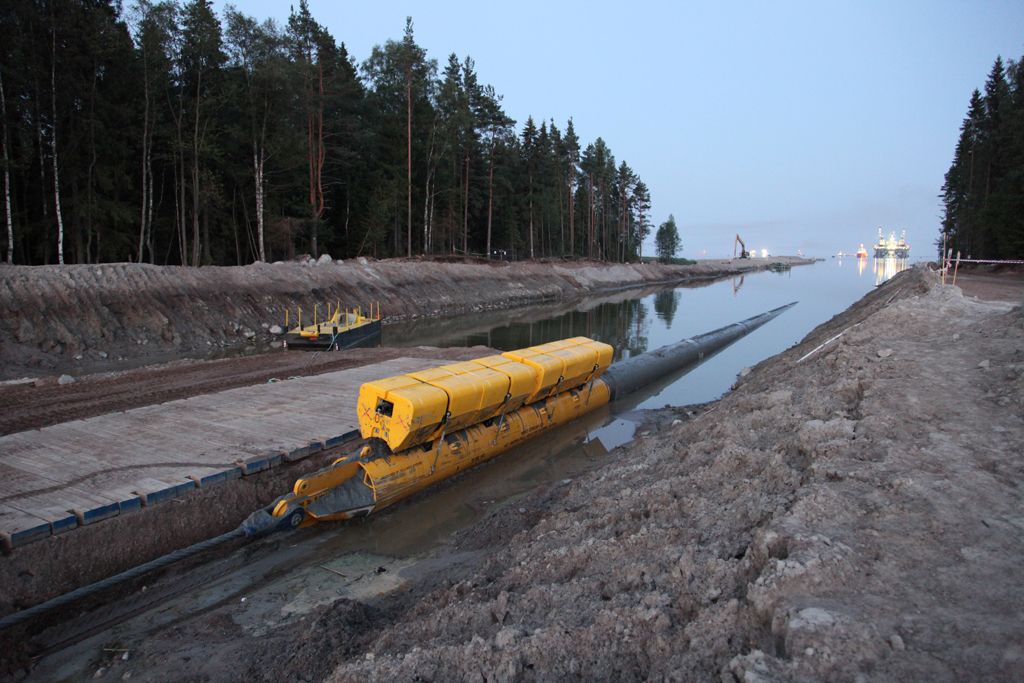On June 10, European Commission President Ursula von der Leyen announced that the European Union (EU) will stop importing refined products derived from Russian crude oil, while promoting a reduction in the price cap from $60 to $45/barrel.
We will ban the import of refined products based on Russian crude oil. In this way, we want to prevent Russian oil from entering the EU market through a roundabout," said von der Leyen.
Currently, both India and Turkey continue to import Russian crude oil, refin it into products and export it to Europe. Under the price ceiling mechanism implemented by the EU and the G7 countries from 2022 after Russia launched a military campaign in Ukraine, companies from participating countries are only allowed to transport Russian oil if the price is lower than the prescribed price ceiling.
Under the new package of sanctions, the EU also proposed a complete ban on the use of Russia's energy infrastructure, including the Nord Stream pipeline system that carries gas to Germany.
No EU operator can participate directly or indirectly in any transaction related to the Nord Stream pipeline, von der Leyen stressed. There is no going back to the past.

The European Commission also proposed expanding the ban on financial transactions for Russian banks that have been excluded from the international payment system SWIFT, adding 22 other credit institutions to the list. The measure will also apply to banks in third countries that provide trade finance to Russia to avoid sanctions.
The 18th package of sanctions also includes listing 77 ships of the "shadow fleet" - a fleet of ships transporting Russian oil above the price ceiling - on the sanctions list. The EU has also imposed a ban on Russia's Direct Investment Fund, subsidiaries and related projects, and banned exports to Russia of EU products worth more than 2.5 billion euros.
Another notable content is special protections to help Belgium avoid the risk of being sued by Russia under the bilateral investment treaty between the two countries. Currently, about 190 billion euros in assets of the Russian Central Bank have been frozen at Euroclear - a securities storage center based in Belgium.
Responding to the new proposal, Poland said it welcomed the EU's measures, saying they included "many factors" that Warsaw has long supported. EU Secretary of State Ignacy Niemczycki expressed confidence that the package of sanctions could be approved in July, before Poland hands over the rotation of EU presidency to Denmark.
However, Slovakia and Hungary have previously expressed their opposition to additional sanctions, which could complicate negotiations.











